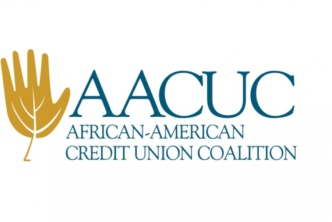Anticipating the future is not an impossible task, provided you know where to look. Futurist Daniel Burrus provided a framework for anticipating change during his keynote presentation at the co-located CUNA Technology Council and CUNA Operations & Member Experience Council Conferences in San Francisco, CA.
Hard trends are based on future facts that will happen. Soft trends are based on assumptions, Burrus says.
“I love hard both hard trends and soft trends,” Burrus says. “I love hard trends because I can see them coming. I love soft trends because I can influence them.”
Burrus says hard trends fall into three basic categories:
- Technology. Virtual reality, social media, cloud computing, and artificial intelligence are all examples of technologies that will continue to grow at an exponential rate, Burrus says. None of them are temporary trends that will end in the near future.
- Demographics. America’s 78 million baby boomers will continue to age. As they age there will be many challenges and opportunities we can be certain about.
- Government regulation. Burrus says more government regulation is also a certainty. The opportunity is using technology to navigate its requirements more efficiently.
Because soft trends are based on assumptions they involve more risks. Typically, the are based on cycles, such as the stock market or housing market. Burrus says blockchain technology is a soft trend that credit unions can use to bring increased security to consumers.
The No. 1 certainty is that the future will be all about relationships. “We live in a human world,” Burrus says. “It’s all about relationships and relationships are based on trust.”
He says it’s important for companies to ask consumers before the make changes in product and service offerings.
“You are going to bring about a lot of changes in the future,” Burrus says. “Before you do, make sure you ask how it’s going to affect trust.”




